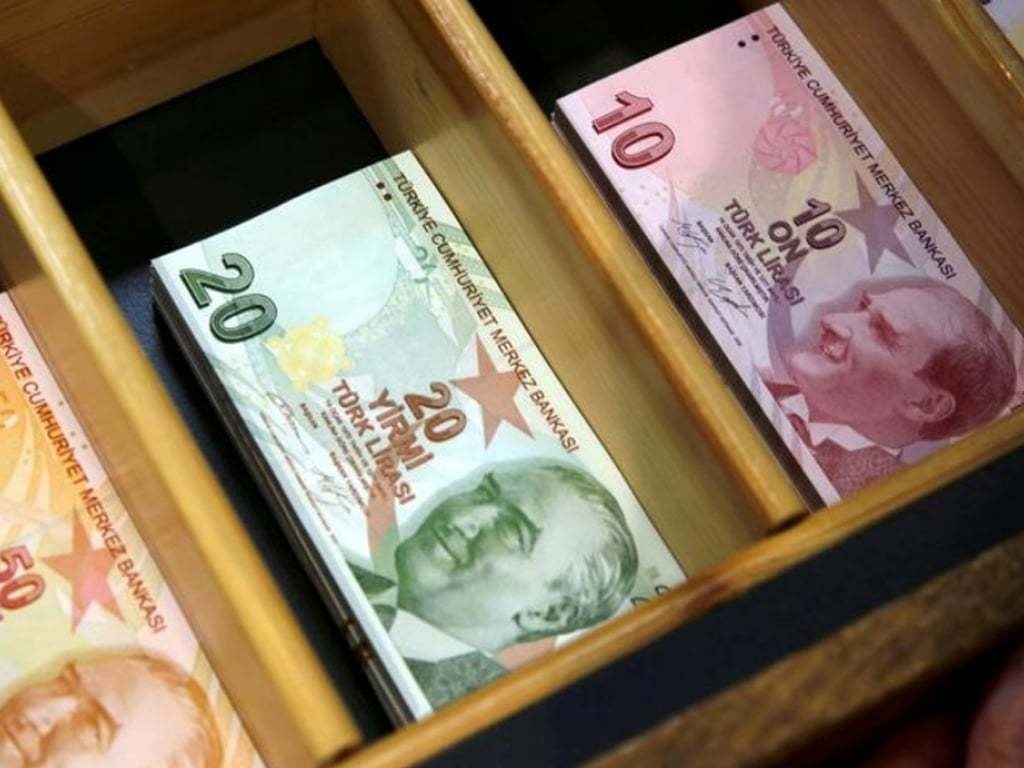Turkey's lira slips on higher than expected inflation
- Russia's rouble dipped 0.3pc after service sector activity shrank for a second straight month in November, while South Africa's rand retreated after private sector activity expanded at a slower place.
Turkey's lira slipped on Thursday after a bigger than expected spike in inflation, while most other emerging market currencies in Europe, the Middle East and Africa retreated on soft economic readings and growing coronavirus case numbers.
But emerging market stocks continued to rise, hitting a near three-year peak, as low lending rates across the world meant equities still offered the best near-term returns. Asian stocks were the biggest contributors to gains for the day.
South African stocks were among the few EMEA stocks trading positive, as most regional bourses backtracked from recent highs.
The lira dropped as much as 0.8pc to the dollar after Turkey's annual inflation jumped more than expected to 14.03pc in November, its highest since August 2019, keeping up pressure for tight monetary policy after a sharp rate hike last month.
A shake-up in the country's economic leadership last month had pointed towards a shift in monetary policy for Turkey, which has been struggling with dwindling foreign exchange reserves and an economic slowdown that predates the coronavirus pandemic.
"The Turkey inflation numbers have been quite higher than what was expected ...markets do not expect the Turkish central bank to increase rates at current levels but any further deterioration in the Lira would force the central bank to hike rates," said Piotr Matys, emerging markets FX strategist at Rabobank.
Russia's rouble dipped 0.3pc after service sector activity shrank for a second straight month in November, while South Africa's rand retreated after private sector activity expanded at a slower place.
Central European currencies were a touch weaker against the euro, as recent optimism over a coronavirus vaccine was overshadowed by continued signs of economic duress.
"The focus has shifted from when vaccine will be available to how quickly it will be distributed because there are a lot of thresholds that need to be cleared before it's actually available," Rabobank's Matys added.
Data showed Hungary's retail sales fell by an annual 1.9pc in October. Poland's central bank left its interest rates unchanged at near-zero levels, and said that while economic activity would improve in 2021, it will probably be at lower pace than before the pandemic.
Central European countries were hit hard by a second wave of coronavirus infections, which resulted in a series of strict restrictions that marred economic activity.























Comments
Comments are closed.